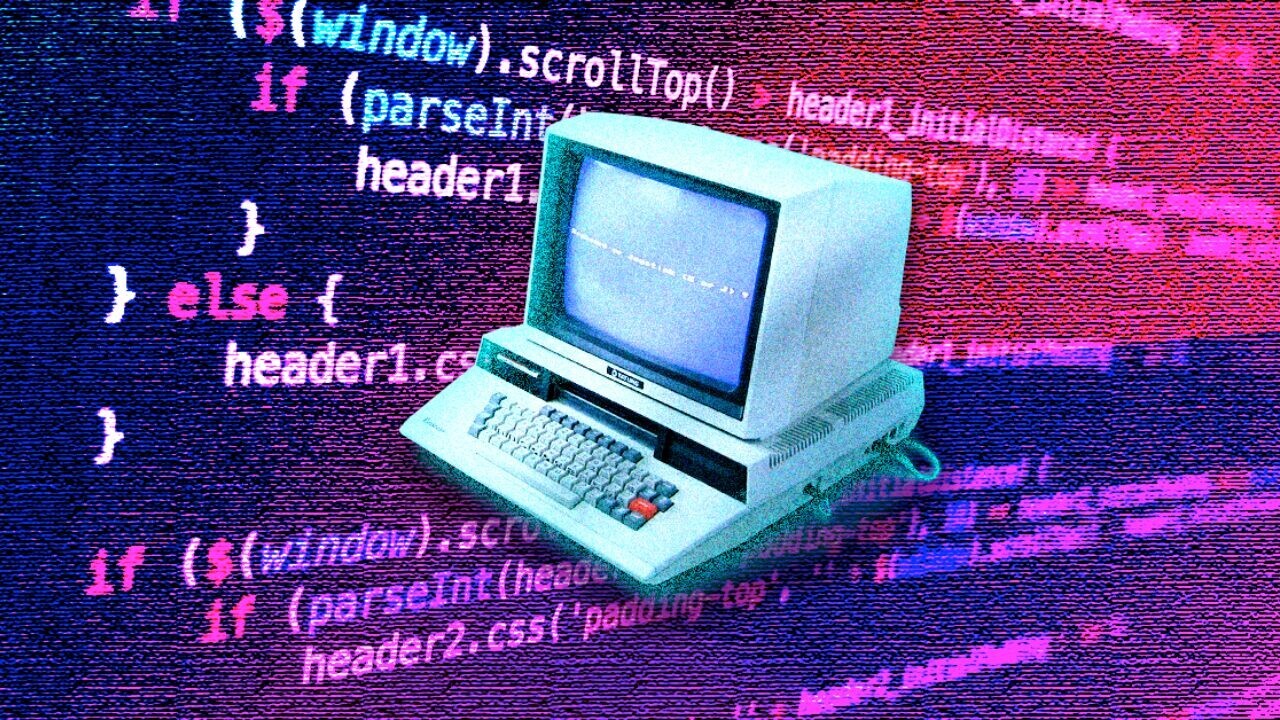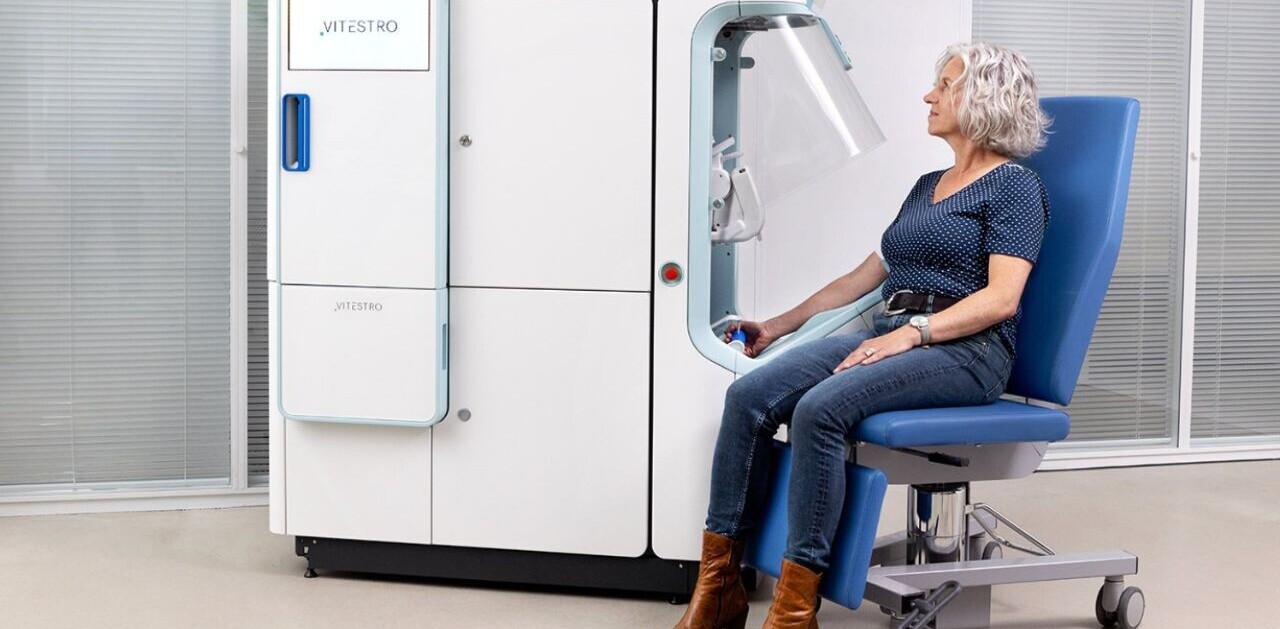
If, as a software developer, you want to know what the most popular or best-paid programming languages are in the industry right now, there’s always a constant stream of surveys and reports to let you know. And career advice for developers will typically recommend that constant learning on the job is essential.
But if AI can produce code from a few plain-speaking prompts, has learning programming languages become redundant?
Certainly, Nvidia CEO Jensen Huang believes that future generations won’t need to learn programming languages at all. “It is our job to create computing technology such that nobody has to program and the programming language is human. Everybody in the world is now a programmer,” he said at the World Government Summit in Dubai. “For the very first time, you can imagine everybody in your company being a technologist.”
Along with AI, this future Huang envisions is being helped along by the spread of low-code and no-code tools, which aren’t just being used by non-developers. Research by Forrester finds that 87% of enterprise developers are using low-code development platforms, driving substantial projected growth in this market.
But Huang’s forecast of a programming-free future should be taken with a pinch of salt. It benefits Nvidia to keep the AI hype machine running at full throttle, but programming has persisted through decades of automation technologies. In fact, code-generators have been in development as long as computer science itself.
Paving the way for generative AI
Tools using predictive models based on neural networks entered the fray in the ’90s, typically used to detect problems in code using pattern recognition. This has paved the way for the generative AI tools that we have today, from ChatGPT to GitHub’s Copilot, and everything in between.
As generative AI tools start to make their way into the software development process, it remains important for developers to keep up to date with these new trends and technologies. But if AI is intended to be an assistant, it means the developer should be the more qualified of this pairing. To excel in the future of software development, you need to know more than the bots.
Emerging research is looking at AI’s impact on education. Instructors for a computer science course at Harvard who experimented with a virtual AI coding assistant for students were careful to ensure the chatbot wouldn’t simply spout out answers to queries, but guide students on how to discover the solution for themselves, as a tutor would. Because, if you just turn to AI for answers, you won’t learn the process and develop a foundational understanding of coding.
Further research from GitHub on how developers are using its Copilot tools found that, on average, tasks can be completed up to 55% faster when assisted by AI. It has been suggested that this time saved could give developers the opportunity to learn the ins and outs of even more languages and frameworks — expanding their knowledge of programming languages, rather than limiting it.
There are also new skills to learn for AI-assisted development. Prompt engineering, for example, can benefit a developer’s broader communication skills. If you can craft clear and direct instructions for your AI assistant, you will in turn learn to communicate clearly to your colleagues.
Some employers are even hiring full-time prompt engineers, such as this role at Dell which involves developing and optimising effective prompts for various generative AI applications — and it still requires fluency in Python.
Developers will also still be required to conduct code reviews, and this will be different from reviewing the code of their colleagues. AI-generated code will likely have less predictable errors, requiring a more thorough approach.
In short, developers need not be threatened by no-coders and can actually benefit from the shortcuts these technologies allow. For years, coding has been shifting to becoming more accessible — just look at the popularity of more user-friendly languages such as Python, for example. With an AI helper at hand, developers may not need to memorise syntax and structures anymore, but they will still need to understand it when it comes to oversight.
Think of it as the tinkerer versus the expert. You can get someone who’s handy to fix your washing machine, or even learn to do it yourself from YouTube, but you can also hire a professional for the guarantee of a job well executed, and many people continue to do so.
However, some businesses will take the opportunity AI presents to do more with less, be that less time or fewer developers. The number of developer roles in the job market is likely to shrink, especially for those who only have coding in their toolbox. Junior positions, especially, are likely to see less demand.
If you’re a junior developer in the industry now, it could be time to level up and futureproof your role. French IT multinational Atos is currently looking for a tech lead who can work alongside low-code technologies, while this senior software architect role at Dataport is an opportunity to put creative problem-solving and communication skills into action.
If it turns out it’s wrong to advocate for continued learning in software development and the industry does indeed leave the languages to the bots, these will be valuable, transferable skills for any future role.
Find more roles in the evolving world of software development via the House of Talent Job Board
Get the TNW newsletter
Get the most important tech news in your inbox each week.





